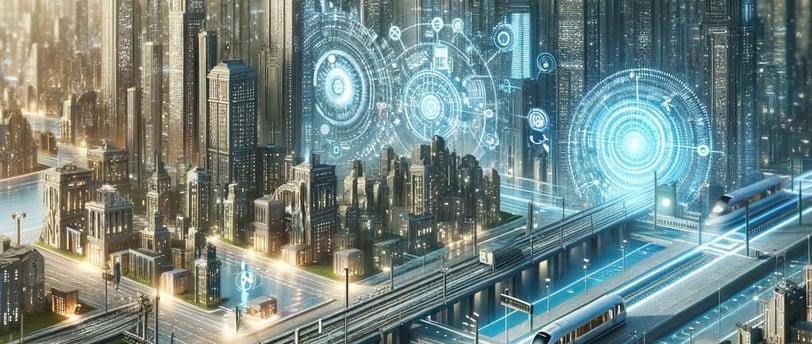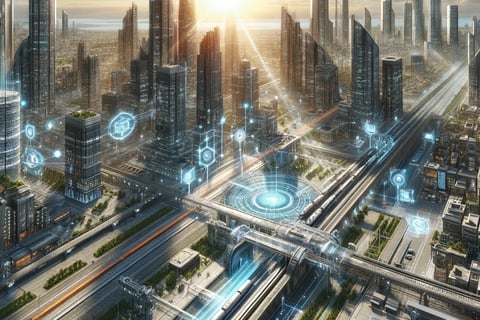Singapore
A Model of Efficiency and Control
NEWSSTORIES


As 2024 unfolds, the global spotlight turns to Singapore, a nation that stands as a testament to remarkable transformation and governance. Known for its strict laws and high living standards, Singapore's journey from a small trading port to a global economic powerhouse is a tale of meticulous planning and iron-fisted rule.
The Foundations of Modern Singapore
Singapore's story begins with its founding father, Lee Kuan Yew, whose vision and leadership set the stage for the nation's meteoric rise. Since its independence, Singapore has been ruled by the People's Action Party (PAP), maintaining a grip on power through a blend of economic success and stringent control. Under Lee Kuan Yew, and later his son, Lee Hsien Loong, Singapore developed into a bustling metropolis, renowned for its cleanliness, order, and high standard of living.
Economic Prowess and Living Standards
Singapore boasts one of the highest GDPs per capita in the world, a testament to its economic success. With a robust public housing system, excellent healthcare, and an education system that is the envy of the West, Singapore ensures a high quality of life for its citizens. The nation has also made significant strides in urban planning, extending its landmass and developing state-of-the-art infrastructure.
A Tightly Controlled Society
Despite its economic achievements, Singapore is often criticized for its authoritarian approach to governance. The nation is known for its strict laws, where acts like littering, jaywalking, and even chewing gum carry heavy penalties. The government maintains a firm grip on the media and public discourse, ensuring that dissent and criticism are kept in check.
The Paradox of Singaporean Democracy
On paper, Singapore is a democratic state. However, its democracy is often described as "authoritarian" or a "soft dictatorship." The PAP has won every election for over 60 years, often through redrawing electoral boundaries and limiting the time and resources available to the opposition. This has led to questions about the fairness and freedom of Singapore's electoral process.
The Challenges of Migrant Workers
Not everyone in Singapore experiences its prosperity equally. Migrant workers, often employed in construction and domestic roles, face harsh working conditions, low pay, and limited rights. This underbelly of Singapore's success story highlights the inequalities that persist despite the nation's overall affluence.
Singapore's Role on the Global Stage
Singapore's strategic location and economic policies have made it a pivotal player in Southeast Asian politics and a significant global financial hub. The nation's ability to balance its relationships with major powers like China and the United States further enhances its geopolitical importance.
The Future of Singaporean Politics
As Singapore continues to evolve, questions arise about the sustainability of its political model. Recent corruption scandals have shown cracks in the otherwise unblemished facade of Singaporean governance. With upcoming elections and a potential change in leadership, the world watches to see if Singapore's unique blend of efficiency, control, and prosperity will continue to thrive or if democratic reforms might emerge.
Singapore's story is one of extraordinary success, marked by its transformation from a small port city to a global powerhouse. However, this success comes with its own set of challenges and criticisms, particularly regarding civil liberties and democratic processes. As Singapore moves forward, it remains a fascinating case study in balancing economic prosperity with political control, raising important questions about the trade-offs between efficiency and freedom in modern societies.



